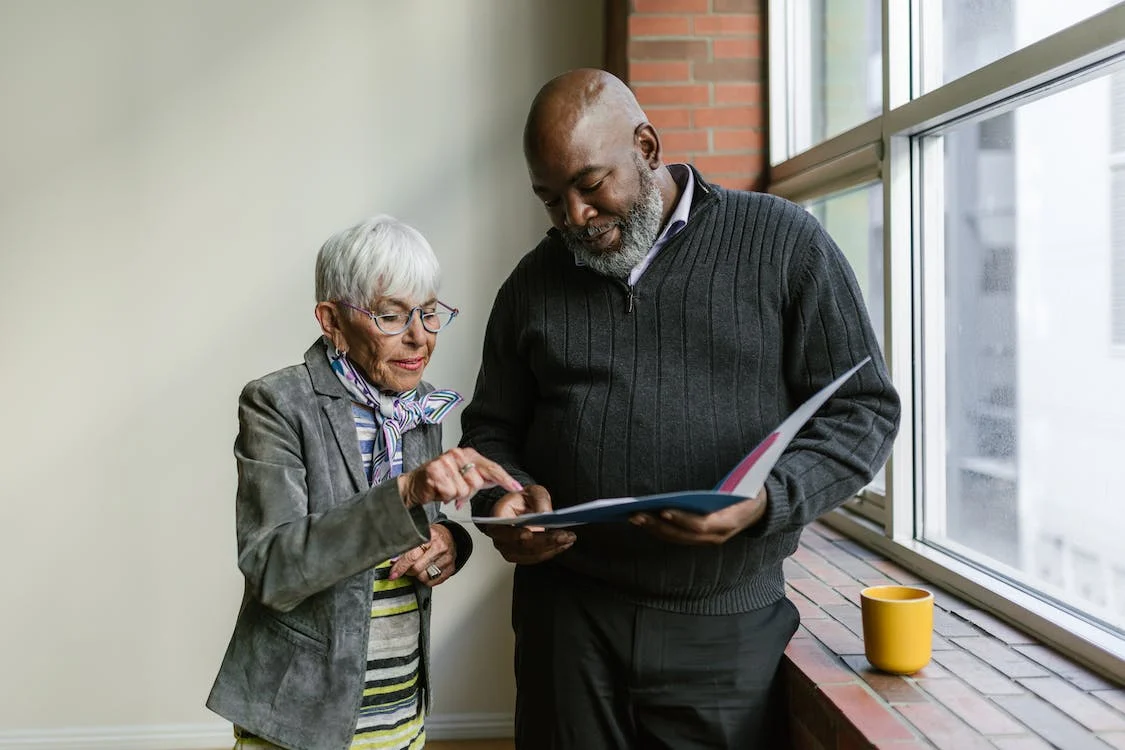Dealing with a dementia diagnosis is tough, and many people believe they have to do so on their own. Loneliness can exacerbate the difficulties of dementia, but there are strategies and support available to help you through this difficult time. In this comprehensive guide, we’ll explore how to cope with loneliness, what you can do about it, and where to find valuable support.
Understanding Loneliness and Dementia
Loneliness often accompanies dementia, as the condition can lead to social isolation. The feeling of being alone, even when surrounded by others, can be distressing. However, you’re not alone in your struggle. Many individuals and organisations are here to help.
Coping Strategies
- Stay Connected: Maintaining social connections is vital. Reach out to friends, acquaintances, and neighbours. Even a short chat can lift your spirits.
- Online Communities: The internet offers numerous online communities and forums where you can connect with others who are experiencing similar challenges. Websites like Dementia Talking Point provide a space for sharing stories and advice.
- Support Groups: Joining a local dementia support group can be immensely beneficial. These groups can offer practical advice, emotional support, and a sense of belonging.
- Volunteer and Stay Active: Participating in volunteer work or local activities can help you stay engaged and build new connections.
Where to Find Support
- NHS Resources: The NHS dementia guide is a valuable source of information about dementia, its symptoms, and available support services.
- Alzheimer’s Society: This organisation offers a wide range of resources and support for those affected by dementia. Visit their website to access valuable information and connect with their helpline.
- Age UK: Age UK provides assistance to older individuals facing various challenges. Visit their Dementia page for advice and support.
- Local Services: Check with your local council for services and support available in your area. They can direct you to local resources, such as day centres and home care.
Facing Dementia Alone without Family
If you’re dealing with dementia without the support of family, it’s crucial to build a network of friends, caregivers, or professionals who can assist you. Here are some steps to consider:
- Appoint a Trusted Friend or Advisor: Choose a close friend, neighbour, or professional advisor to help you make important decisions and provide emotional support.
- Legal and Financial Planning: Seek legal advice to establish lasting powers of attorney and ensure your wishes are carried out regarding medical care, finances, and other personal matters.
- Professional Care Services: Explore home care services, such as professional caregivers and companions, to assist with daily activities and provide companionship.
- Local Support: Reach out to local support groups and organisations to find individuals who understand your challenges and can offer assistance.
Remember that you’re not alone in your journey. There are people and resources available to help you navigate dementia and loneliness. That said, it can be incredibly difficult at time to not feel like you’re on this journey by yourself – and that’s completely normal. While it may feel difficult to reach out if you’re isolated, taking the first steps will help you feel better both mentally and physically.






